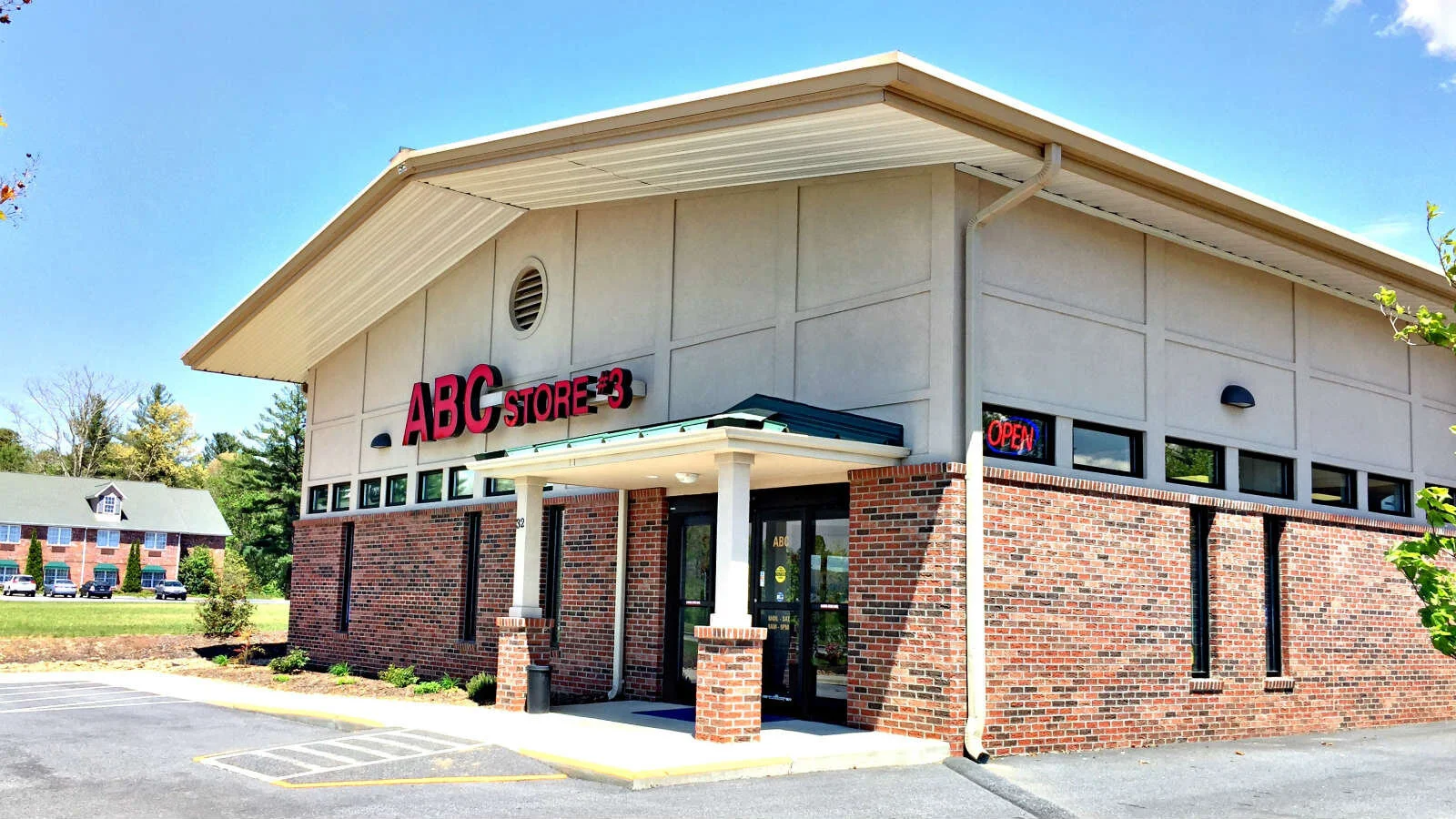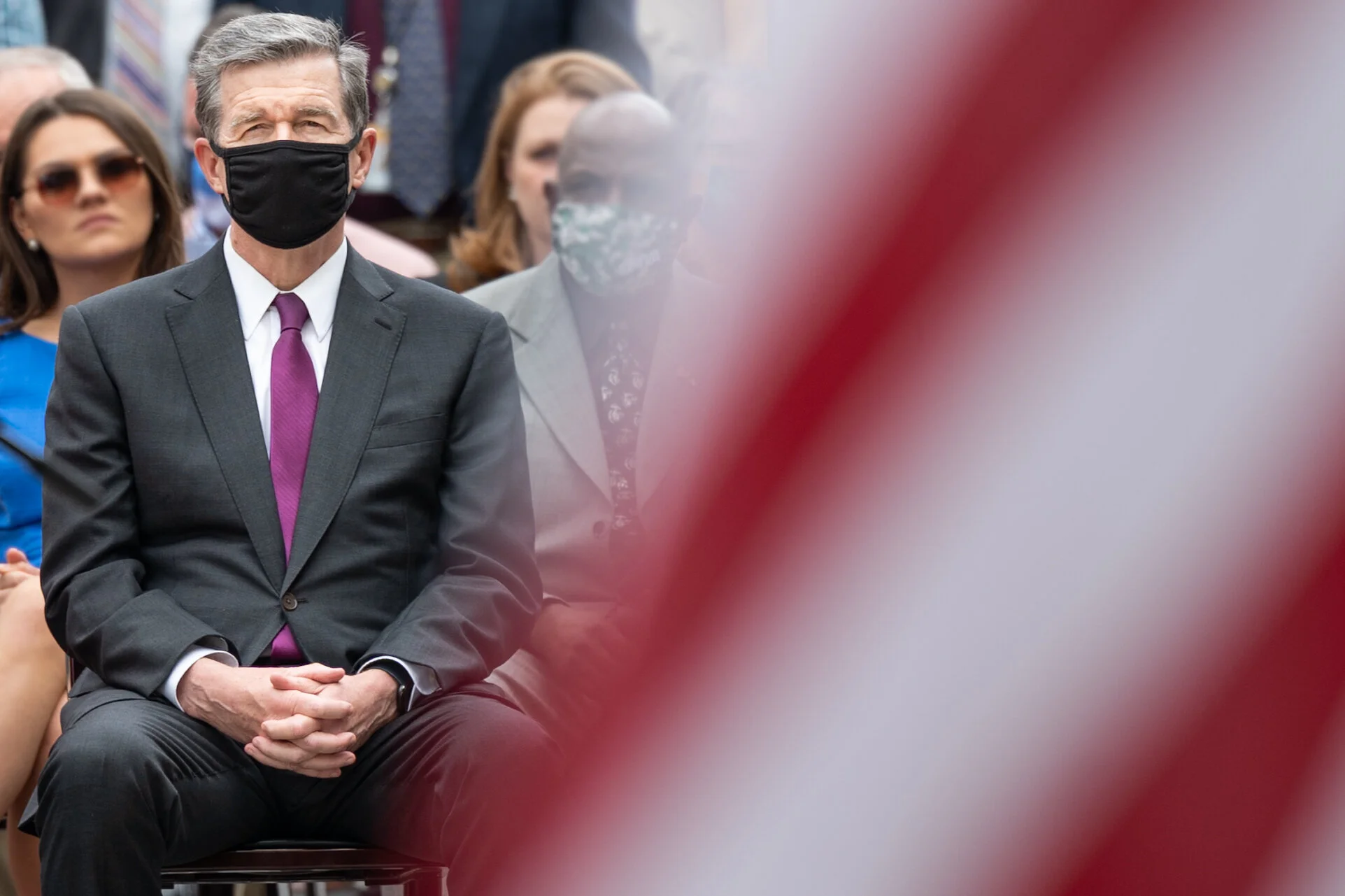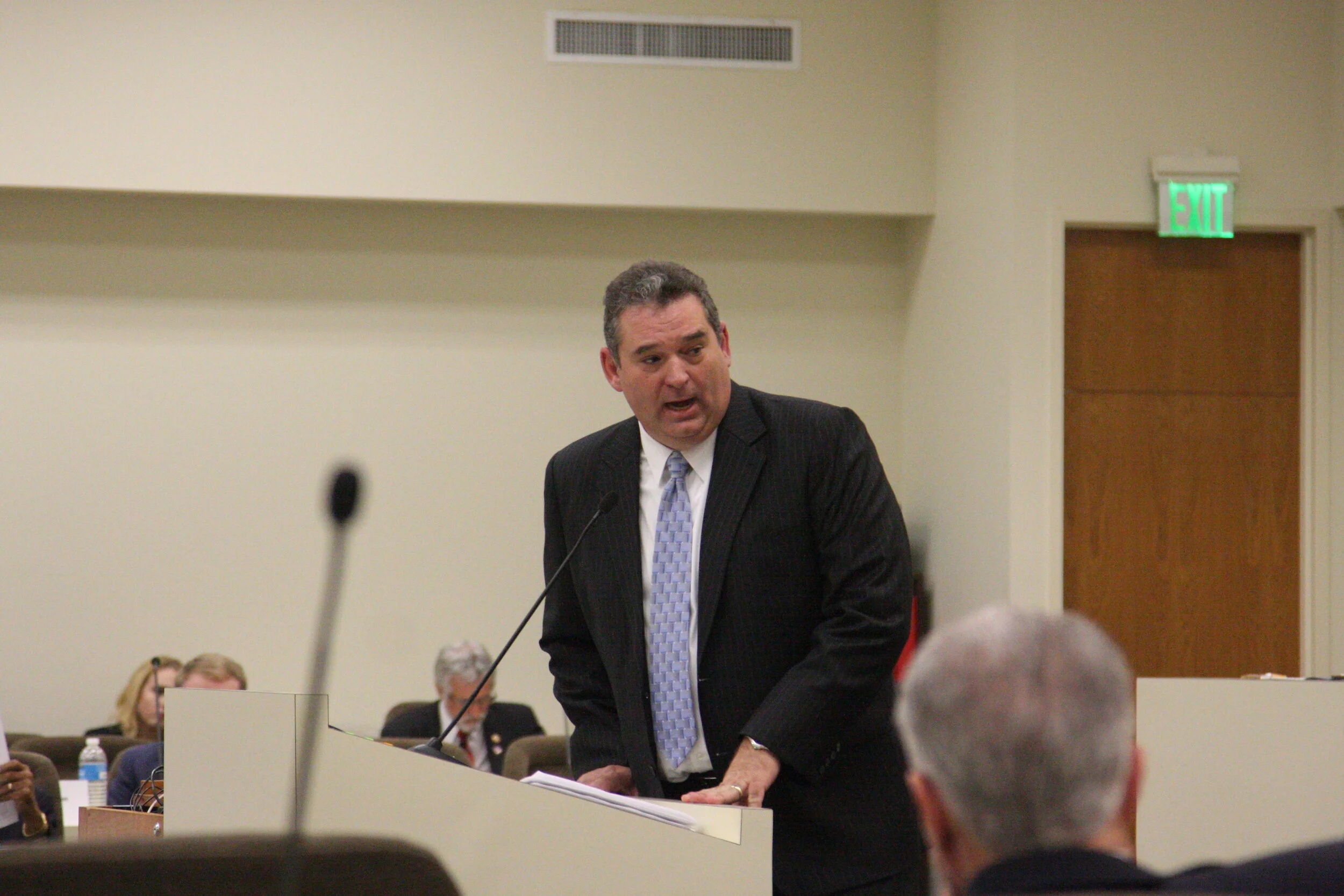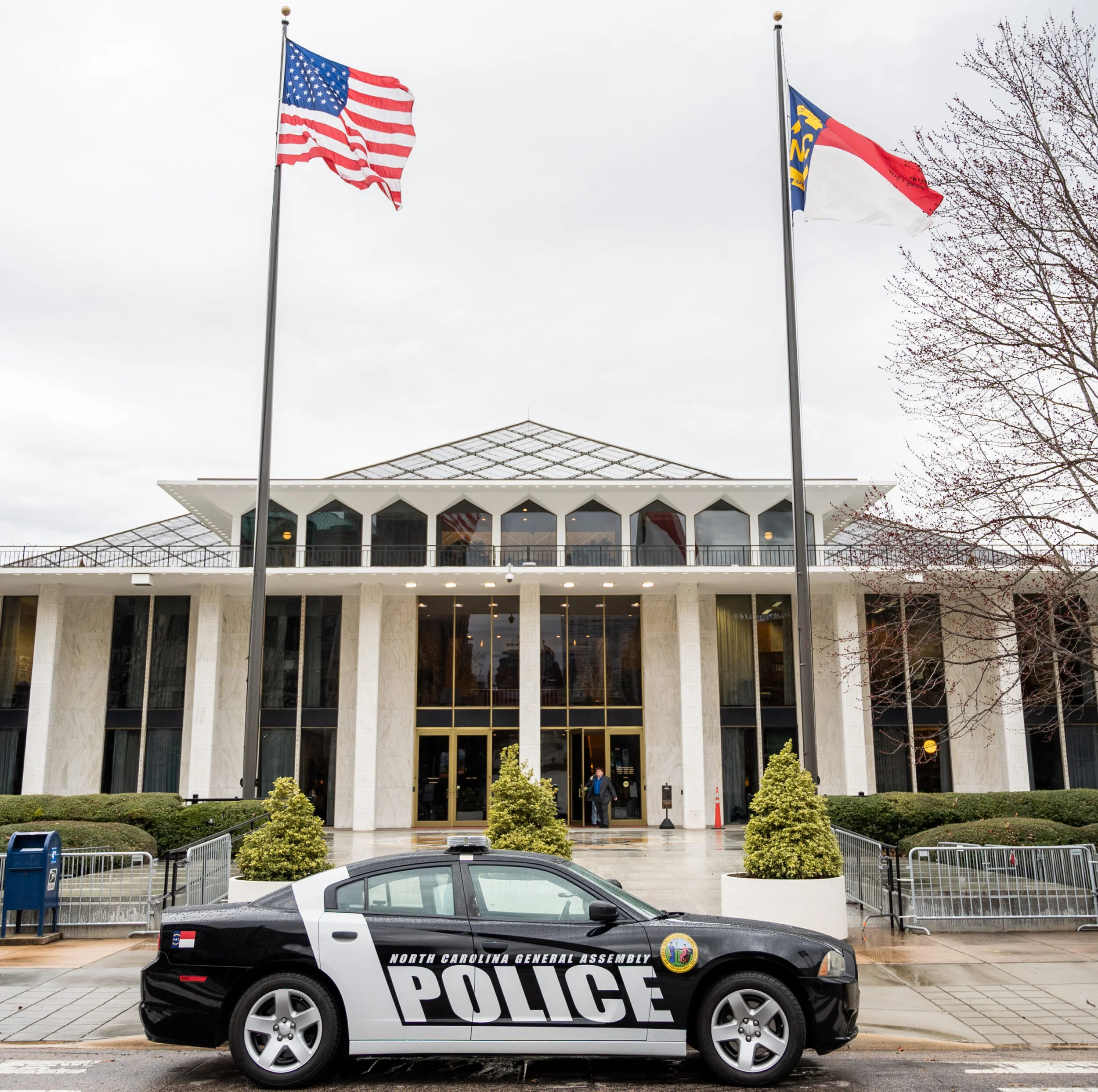Spiritous liquor is still in short supply in ABC stores across the state, and supply still isn’t keeping up with demand. Republican lawmakers say things are getting even worse.
N.C. COVID cases trending down, but experts say we will learn to live with virus
COVID-19 cases in North Carolina may actually be decreasing, even as media hysteria and local mask mandates rage on.
ABC chairman resigns amid supply issues, problems at warehouse
ABC chairman A.D. Zander Guy Jr. has resigned as chairman of the N.C. Alcoholic Beverage Control Commission.
Bill allowing festival liquor sales and online orders from ABC stores passes Senate
The N.C. Senate has passed House Bill 890, an all-encompassing measure that could help distillers succeed in a crowded and burgeoning industry.
Family, lawmakers mourn loss of service members stationed at Bragg, Lejeune
Family members and lawmakers, in Washington, D.C., and Raleigh, representing N.C. residents are mourning the deaths of a Marine and soldier who died in a terrorist attack while helping Americans and others evacuate from Afghanistan. Thirteen service members, including a Fort Bragg soldier and Camp Lejuene Marine, died while supporting Operation Freedom’s Sentinel, the Department of Defense announced Saturday, Aug. 28.
Cooper wants budget provisions removed that would curb a governor's powers
Gov. Roy Cooper wants a provision to curb a governor’s powers removed from state budget plans. Cooper, a Democrat, responding to a question during a press conference Wednesday, Aug. 18, said he plans to talk with Senate leader Phil Berger, R-Rockingham, as well as House Speaker Tim Moore, R-Cleveland, about his concerns.
Lewis gets two years probation, no prison time
Former state lawmaker David Lewis will serve two years of supervised release and is ordered to pay a $1,000 fine, a spokeswoman for the U.S. Attorneys Office told Carolina Journal.
"Frozen in amber" UNC-dependent Chapel Hill suffers after COVID locks town down
It’s around lunchtime on a Wednesday in mid-July, the bright remnants of the morning quickly morphing into the typical hot, heavy Carolina afternoon. A dozen or so people — diners and drinkers — survey downtown Chapel Hill from atop a third-floor balcony at Top of the Hill Restaurant & Brewery.
Bill that frees up pharmacists, requires parental consent for vaccines, heads to governor
The N.C. House on Thursday, Aug. 5, concurred with the Senate on a bill giving parents control over the COVID vaccine.
Getting COVID-19 shot is matter of personal choice, conservatives say
The voices of those urging government officials to rely on individual liberty and personality responsibility as the founding principles relate to getting the COVID vaccine are getting louder.
Senate approves final deal deferring ABC renewal fees
The N.C. Senate has approved a final deal with the House for a bill to defer certain ABC renewal fees. Negotiations over a final version of the bill stretched out over three months.
Supply chain snags and ABC system disrupt private liquor business
Ollie Mulligan, this week from an airport somewhere in the Northeast, talked about his upcoming flight home, about returning to his native Ireland, to County Kildare. He thought aloud about the bright, rolling green fields. Of horses, and of Guinness.
Legislative policy experts call to rein in governor’s power
It’s now a time in North Carolina to dismiss policy based on politics and embrace a move toward legislation focusing on common sense, John Locke Foundation legislative experts said in a policy debate forum on Monday.
N.C. claims middle ranking in new list of most patriotic states
It would be hard for North Carolina to end up closer to the average in a new ranking of the most patriotic states. WalletHub.com ranks the Tar Heel State No. 25. The new rankings arrive a couple of weeks before Independence Day.
Robinson, Senate leader blast school link to Critical Race Theory
Lt. Gov. Mark Robinson and the Senate’s top officer are calling out Charlotte-Mecklenburg school leaders, after the state’s second-largest school system paid $25,000 to a top proponent of Critical Race Theory.
State Senate to propose 10-year, $12 billion alternative to bond package
State Senate leaders will propose spending $3 billion over the next two years on capital and infrastructure projects. That money is part of a larger 10-year, $12 billion “cash” plan tied to the Senate’s budget.
Alcohol-related bills moving through General Assembly
Several bills to help N.C. distillers and to loosen alcohol regulation in the state are moving through the General Assembly. Some have progressed to the floor, of both or one of the bodies, while others are mired in committee.
Bill to penalize tardy payments to charter schools moves forward
The state Senate’s main education committee has endorsed a bill that would penalize N.C. school systems for late payments to charter schools.
Budd campaign touts polling benefits from Trump endorsement
U.S. Rep. Ted Budd’s campaign team is highlighting new polling data showing the impact of former President Donald Trump’s endorsement in North Carolina’s 2022 U.S. Senate race.
Cooper again extends North Carolina’s mask mandate
Democrat Gov. Roy Cooper issued his first executive order of the pandemic in March 2020, at the time implementing a interminable state of emergency, a move that’s typically reserved for hurricanes and other natural disasters.




















